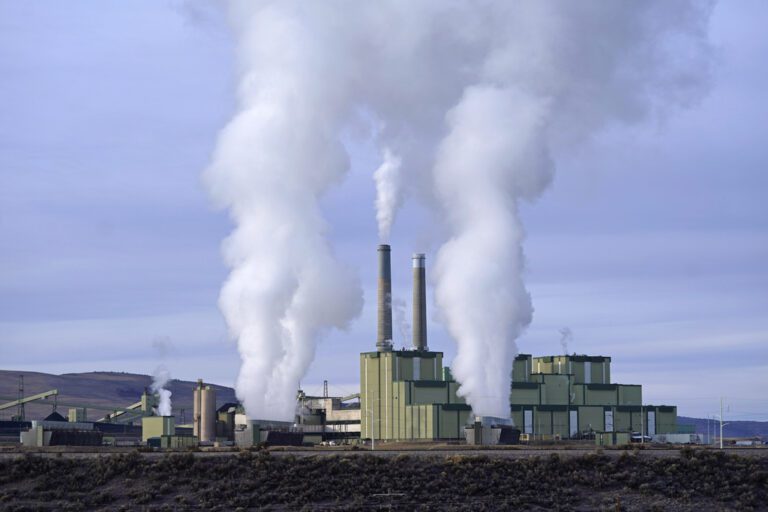EPA Moves to Repeal Key Climate Regulation: Implications for Business and Environment
The Environmental Protection Agency (EPA) is taking significant steps toward repealing a federal regulation that many argue has had a profound impact on the U.S. economy. Under the leadership of Administrator Lee Zeldin, the EPA intends to rescind the controversial "endangerment finding," originally established in December 2009 during the Obama administration. This regulation has been central to U.S. policy on greenhouse gas emissions for the past 15 years.
Understanding the Endangerment Finding
The endangerment finding identifies six major greenhouse gases—carbon dioxide, methane, nitrous oxide, hydrofluorocarbons, perfluorocarbons, and sulfur hexafluoride—as threats to public health and welfare. According to the finding, emissions of these gases pose risks not only to current populations but also to future generations.
Historical Context
- Signed by: Lisa Jackson, then-EPA Administrator
- Date: December 2009
- Purpose: To authorize the EPA to regulate greenhouse gases, especially in major sectors like transportation and energy production.
The endangerment finding has served as a basis for numerous regulations targeting emissions, including President Biden’s controversial electric vehicle (EV) mandates.
Economic Consequences of the Regulation
Administrator Zeldin contends that the endangerment finding has created hidden costs exceeding $1 trillion since its inception. These costs, he argues, have acted as burdens on the American economy, prioritizing environmental concerns at the expense of profitability.
“We heard loud and clear the concern that EPA’s greenhouse gas emissions standards themselves were the real threat to Americans’ livelihoods,” Zeldin stated during an event at a car dealership in Indiana.
Proposed Changes
If finalized, the repeal of the endangerment finding would:
- Eliminate greenhouse gas standards for light, medium, and heavy-duty vehicles, as well as heavy-duty engines.
- Potentially save tens of billions of dollars annually for businesses and consumers.
Criticism and Opposition
The move has drawn sharp criticism from environmental advocates and scientific communities. Influential voices like Vice President Al Gore have expressed concern that this decision would exacerbate pollution levels, ultimately harming American families.
“Today’s EPA announcement ignores the blindingly obvious reality of the climate crisis and sidelines the EPA’s own scientists and lawyers,” Gore commented. He emphasized the importance of maintaining safeguards to reduce greenhouse gas pollution, arguing that weakening these standards threatens American competitiveness in a transitioning global economy.
Concerns Over Future Implications
Critics argue that repealing the endangerment finding could have severe consequences for:
- Climate Change Mitigation: Increased greenhouse gas emissions may lead to worsening climate conditions.
- Public Health: Higher pollution levels could adversely affect air quality and public health.
- Economic Competitiveness: The U.S. may fall behind as global markets increasingly shift toward sustainable energy and practices.
Conclusion
The EPA’s intention to repeal the endangerment finding marks a pivotal moment in U.S. environmental policy. As stakeholders navigate the potential economic benefits against the backdrop of climate change, the implications of this decision could resonate for generations. To stay informed about updates on this issue, consider following organizations such as the Environmental Protection Agency and other reputable sources dedicated to environmental advocacy.
Ultimately, the balance between economic growth and environmental protection remains a contentious debate, one that will continue to shape the future of American policy.


